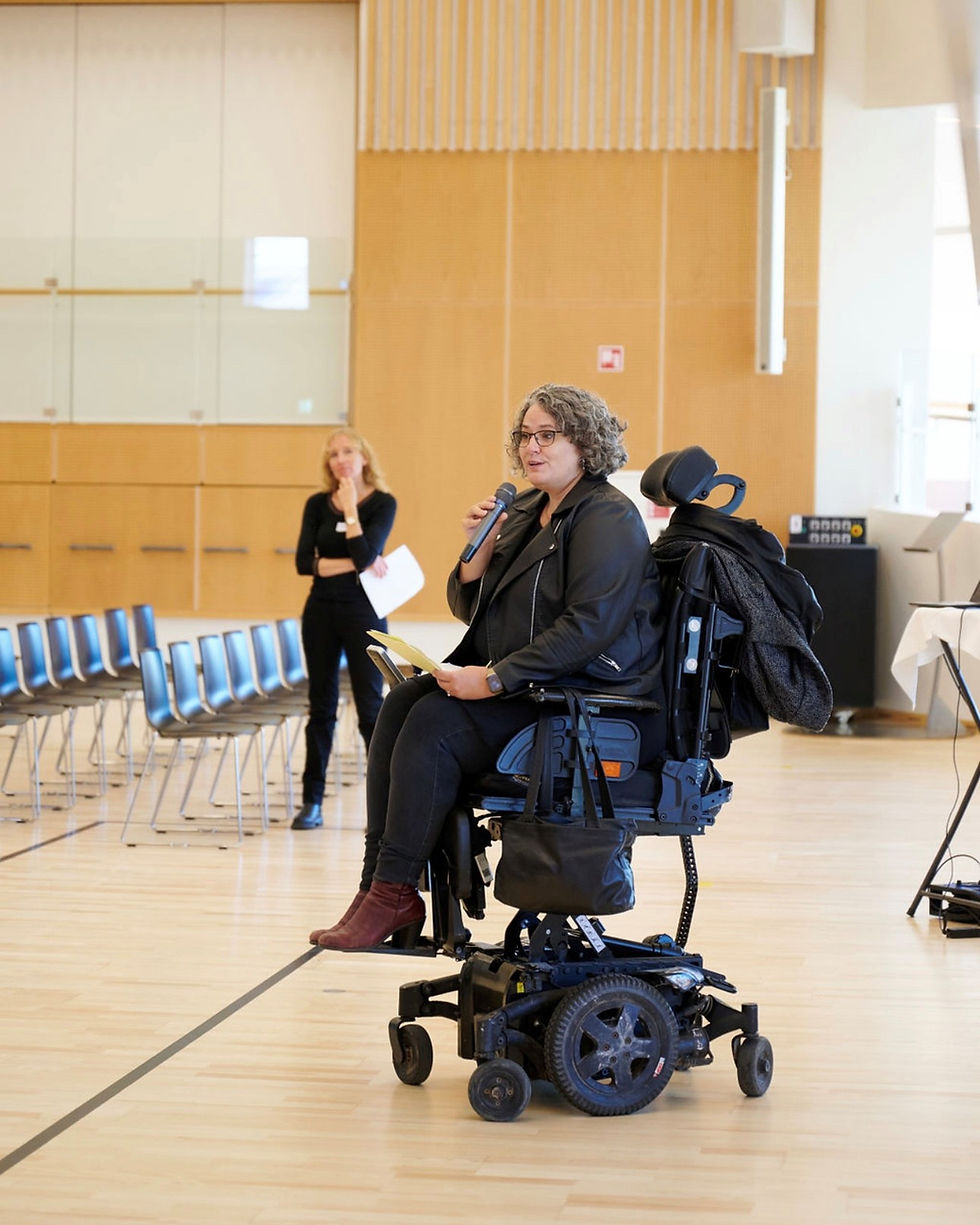The power of involvement
- The International
- Feb 3, 2020
- 3 min read

Photographs: iStock
Text: Narcis George Matache
The revolution of the invisibles in Denmark.
The involvement of internationals in the 2013 local elections in Aalborg has paved the way towards the city’s recognition as the safest in Denmark and the happiest in Europe. A true testimony to the power of diversity as the city can proudly count among its local citizens 155 ethnic groups. Until the 2021 local elections, you have the chance to organise and lead the internationals in your local society on the same path for the benefit of everyone.
Tired of being invisible to the local society, I became the spark that led the first English-speaking political campaign in Denmark. One year of campaigning alongside candidate Lasse Frimand Jensen towards a group of people nobody paid much attention to before has been tough, yet rewarding.
Tears of happiness were shed at the voting booths by internationals voting for the first time in their life. The confused faces of other candidates that had just found out about a right existing since 1995. The ideas born during the campaign that came to life afterwards like the International House North Denmark. A few snapshots to offer an insight into the rewarding side of a campaign that represented a homage to the power of involvement.
Back in 2013, we hoped we kickstarted a “revolution,” a political awakening of the internationals. Unfortunately, that was not reflected by the 2017 local elections, when only 32,1% have used their right to vote and the number of non-Danish citizen candidates could be counted on the fingers of one hand.
Indeed, some ethnic group has been more involved than others, as it can be shown by the voting presences of the 5 biggest minorities (Polish – 13,5%; Romanian – 11,8%; Syrian – 49,5%; Turkish – 45,8%; German – 45,8%). However, the general problem remains valid.
The absence of non-Danish citizen candidates; The low level of knowledge about the political rights and the functioning of the political system; The lack of bilingual campaigns that cover issues core to the heart of the internationals; Are amongst the identified issues for the low voting presence.
"The European Union citizens have the right to vote and candidate for the local and regional elections in Denmark from the moment they obtain an address. The citizens from outside of the European Union have the right to vote and candidate for the local and regional elections in Denmark after three years of continuous living here."
The inner workings of the Danish democracy The beauty of the Danish society is the foundation built upon the principles of representative and participative democracy. The system is constructed in such a way that any group of citizens with a legitimate interest can influence it. It is very simple – you participate, you get represented, you become part of the democratic decision-making process.
This also means that groups that have low participation in societies decision-making process aren’t represented and, more often than not, end up being the “losers” of the political negotiations. It is a competitive system, in which the better organized, the more driven, the deeper engaged, have an advantage. Connect with the Danish society You might say now – I belong to no group; I stand alone in this world. Not in Denmark, though. Nobody is alone here. The location of your house, the ethnic, sexual, political and religious preferences, the civil status, the ownership of certain assets, etc. You are connected with other citizens thanks to shared traits and interests and therefore, you are already part of several associations just waiting for you to become active.
In a country where power is measured by the number of board member positions you hold, the involvement in associations is key to the much-spoken about integration. In the last quarter of 2019, it was recorded that 541494 non-Danish citizens call Denmark their home. This represents 9,29% of the total population in Denmark. Now the question is, how many are connected with the Danish system? How many are part of the democratic decision-making process?
Although there are 22 months until the next local elections, the political parties have started to already look around for potential candidates. That candidate could be YOU, so make a step towards a deeper connection with Denmark and join a political party.









